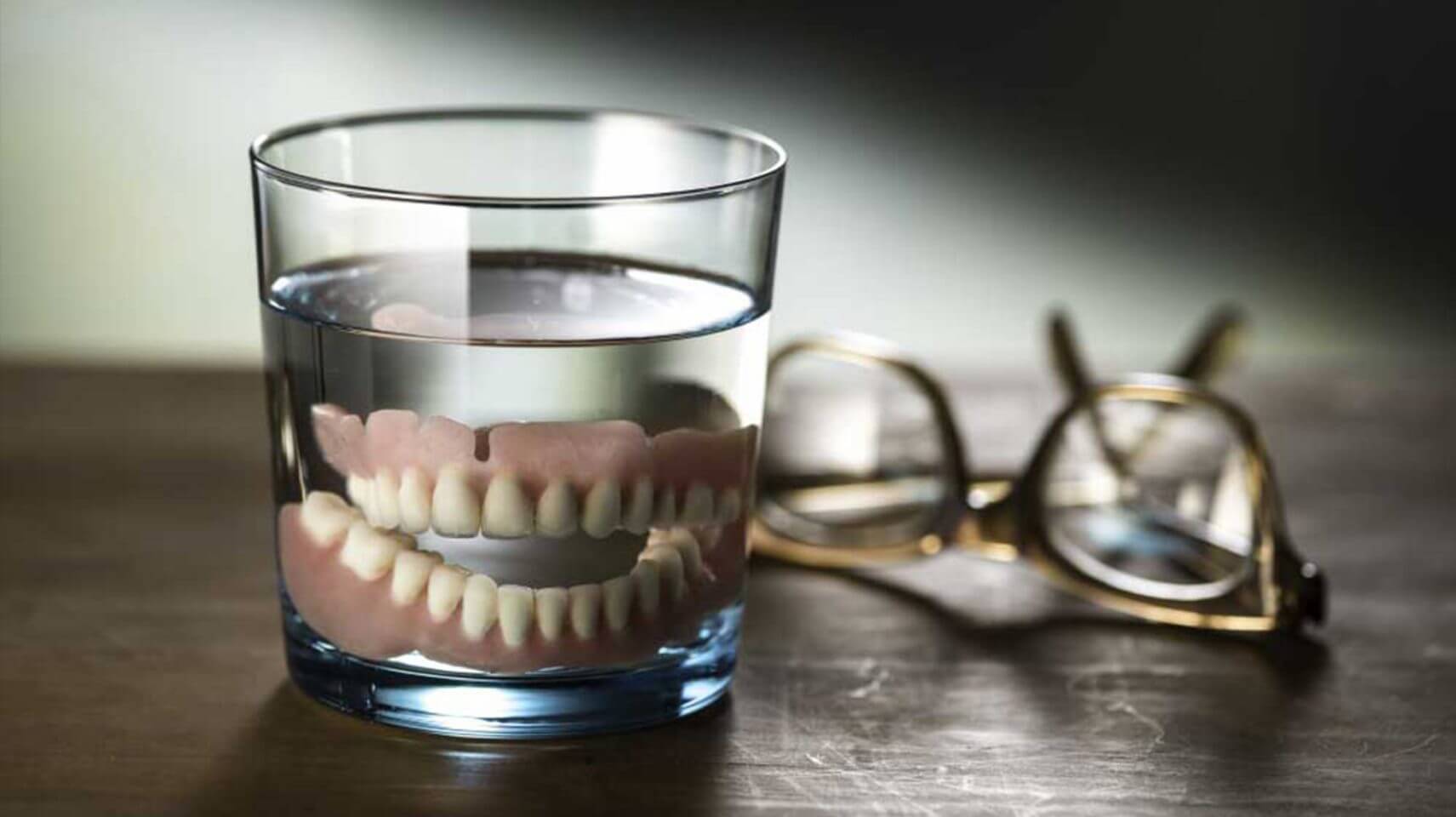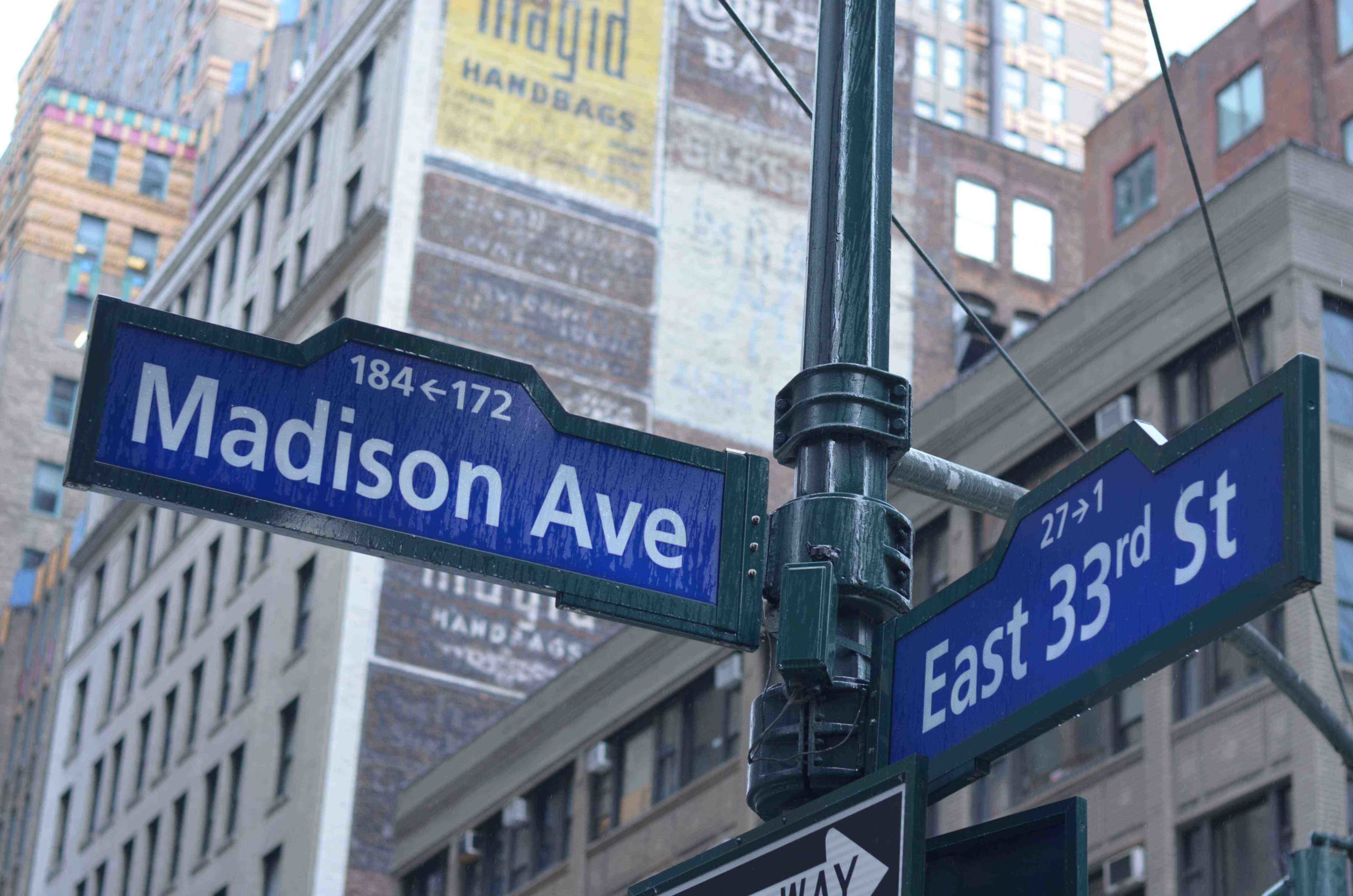
On occasion patients present without any teeth in their mouth. We call this condition, edentulous. Sometimes the teeth remaining in a patient’s mouth are nonrestorable and must be extracted. Again we end up with an edentulous mouth. A very expeditious and inexpensive way to restore these missing teeth and provide dignity, speech, and function is through removable dentures.
Denture Construction Process
At 172 NYC Dental, we are experts in denture construction. There is the traditional denture that rests on the gums and muscles alone and there is now the implant-supported denture that rests on two-four dental implants (titanium false roots that give the denture much more stability and function). In both of these cases an acrylic denture composed of gum-colored plastic in which acrylic or porcelain teeth are embedded. These prostheses are removable and must come out while the patient is asleep. A well-made denture restores missing teeth, missing bone, restores vertical dimension (profile), and fills the face out. Some patients feel that they have had a facelift.
Dentures are extremely esthetic and inexpensive. They do not restore function as well as fixed bridges or implant-supported fixed bridges. Our doctors place dentures at the time of extractions so that no one ever leaves our office without teeth. These are called transitional or immediate dentures. After healing 3-6 months, the gums have shrunk and are nice and tight, it is then that a second final denture is made. In general final dentures last for about five years.
Final Dentures should not hurt. Occasional sore spots do occur as one’s body adapts to the new prosthesis.
Addressing Pain from New Dentures at Home
At 172 NYC Dental our laboratory, headed by our master technician, is on-premises. We spend a great deal of time adjusting your new denture before we let you out of the chair to go home. What should you do if you experience pain at home? So with final dentures pain is not typical, we do see more discomfort on insertion of the immediate denture ( the one placed at the time of extractions). We like to preempt any potential problems. We are very experienced in this field.
If you do experience pain from your new dentures, follow these steps to reduce your discomfort:
- Take the denture out and rinse with warm salt water
- Apply topical anesthetic with a cue tip on the sore (the sore looks red initially, then can turn white or look like a cut).
- Make an appointment at our office, ASAP, as we are open seven days a week
- When replacing the denture place a few dots of Fixodent in front and back on the palate side
- Take over the counter analgesic medications like Tylenol or Advil
- Eat soft foods (soups, pasta, omelets, yogurt, noodles, and smoothies) Let the knife and fork do the cutting for you. Keep away from any food that has seeds (bread, grapes). Take small bites and place a little bit of food on both sides of your mouth. Chew with an up and down motion and not on an ellipse as we did with natural teeth.
- Never sleep with the denture, this is the time for the gums to relax and rebound and for you to soak and clean your denture
- Herbs can be helpful in treating denture pain
- Aloe vera- apply directly on the sore, very soothing
- Turmeric-take orally anti-inflammatory relieves pain
- Black tea reduces gum swelling
- Cloves-eugenol reduces pain and is soothing (applied topically on sore)
- Salt-reduces bad bacteria under denture in addition reduce gum swelling and pain, use with warm salt water (one tablespoon per glassful) and rinse
Proper Denture Hygiene
Proper denture hygiene is critical in preventing sore spots from occurring. Here are steps to help you keep your dentures clean:
- Take dentures out of your mouth every night while you are asleep for at least six hours
- Immerse dentures in a solution of water and denture cleanser overnight. Never let the denture dry out, never place hot or boiling water in contact with the denture
- Use two different brushes, one soft to brush the inside of your mouth, the roof, and anywhere that the denture covers. Use the second brush to gently brush the denture after soaking overnight. Use ADA approved denture cleanser or 100% authentic botanical toothpaste
Allergic Reaction From Dentures
When getting dentures for the first time we must make sure that our patients are not allergic to the acrylic (methyl methacrylate) or denture adhesive and cleaner. An Allergic reaction presents as a diffuse spotty redness that may itch or burn. Again we ask that the denture be removed, rinse with warm water and salt. The doctor at 172 NYC Dental may prescribe an antihistamine like Benadryl and or a cortisone cream (Kenalog in orabase).
In-Office Visit with Sore Spots
When you come into our office with sore spots, our dental professionals will address your needs by implementing the following process:
- We will skillfully adjust the sore area, look at borders and muscle attachments
- We observe occlusion to see that the teeth are hitting in a proper manner
- We, on occasion, will reline your denture to ensure a better fit
- We will talk about dental adhesives (we are not big fans) Well-fitting dentures that we make most likely do not need adhesive
- We will teach you to treat your dentures “like babies”
Remove after meals with rinsing, taking out at night, brushing in the morning, not exposing denture to water that is too hot or cold while soaking.
Complimentary Denture Consultations In New York City
Dentures are an important part of our practice at 172 NYC Dental. We take a lot of pride in constructing beautiful, functional works of art that will restore your smile, your looks, and your self-confidence. We look forward to seeing you for a complimentary consultation. Call us at 646-921-5541 to make an appointment today.








